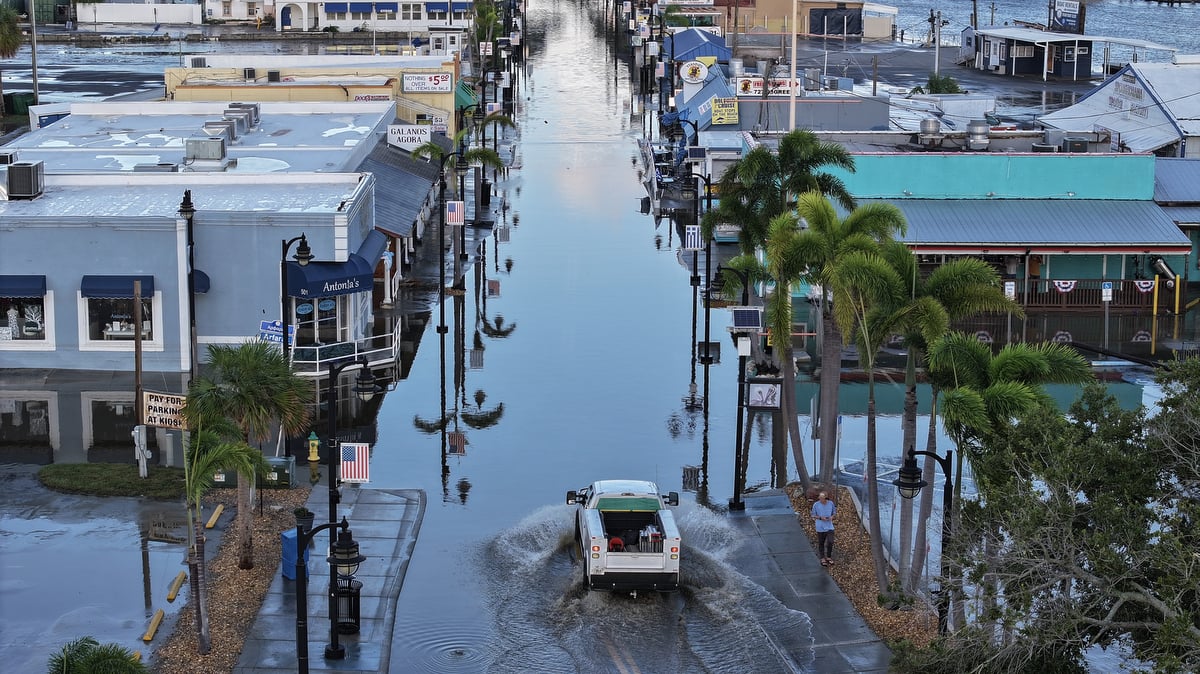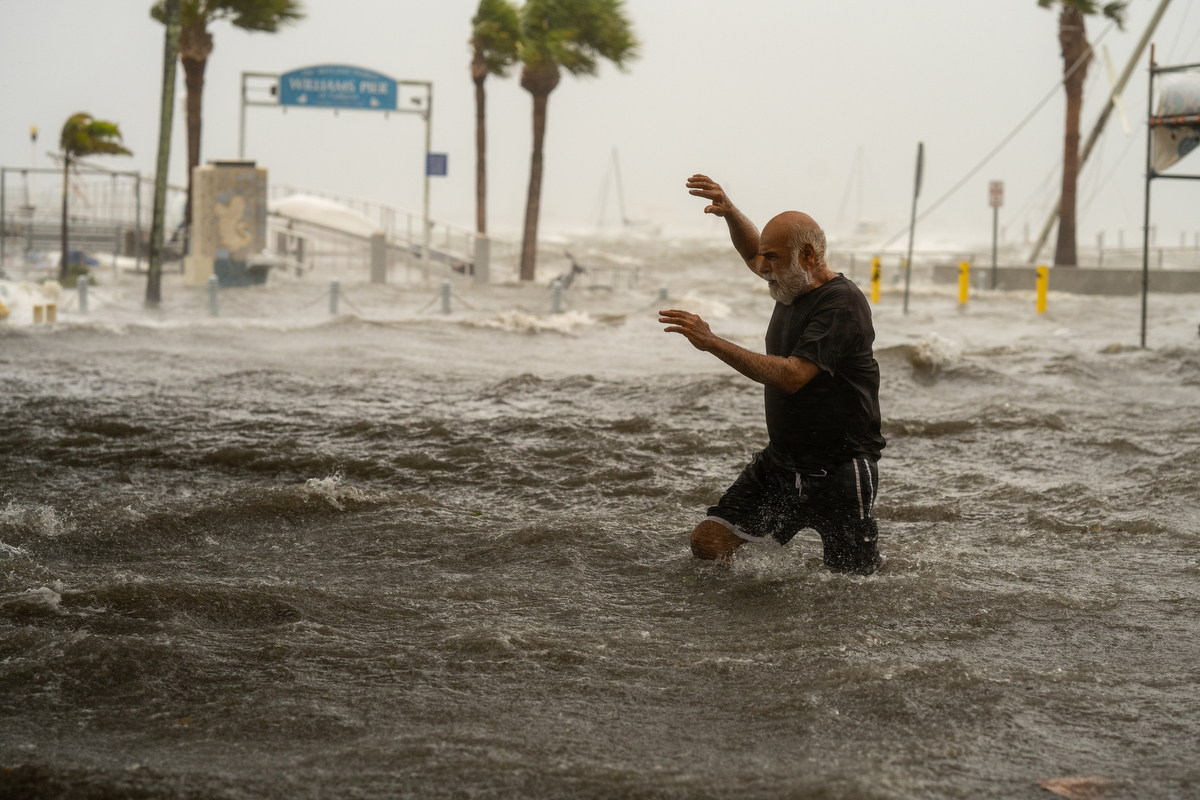Published: 08-14-2024

In March,Venture Global told regulators and customers that issues with the Calcasieu Pass LNG facility will delay the start of commercial operations.
They described the issues as “failures in the five horizontal heat recovery steam generator (HRSGs) units that facilitate combined-cycle power generation” and, more specifically, “leaks in the welds between the upper carbon steel header and finned tubes of the HRSG units” that will “require extensive repairs and replacements.” These failures affect the on-site power plant—a seemingly basic module that provides energy for gas liquefaction. The announcement is another troubling sign for Calcasieu Pass, where massive methane gas releases and high rates of flaring have already raised concerns since pre-commercial operations started last year.
Read the report: Download Permit To Kill: Potential Health and Economic Impacts from U.S. LNG Export Terminal Permitted Emissions
Consulte la sección “Downloads” a continuación para obtener materiales traducidos al español.

Construction work on the Golden Pass Liquified Natural Gas facility in Sabine Pass, Texas.
A new analysis from Sierra Club and Greenpeace USA shows that permitted emissions from operating and planned liquefied natural gas (LNG) terminals are associated with major public health costs. Among the key findings:
- Direct air pollution from currently operating LNG export terminals is estimated to cause 60 premature deaths and $957 million in total health costs per year.1
- If all the planned terminals and expansion projects are built, these numbers would increase to 149 premature deaths and $2.33 billion in health costs per year.
- By 2050, the same permitted air pollutants from currently operating LNG export terminals alone are slated to yield cumulative impacts of 2,020 premature deaths and $28.7 billion in total health costs, with these figures rising to 4,470 and $62.2 billion respectively in a scenario where all planned projects are built.
- There is a strong overlap between areas that are already environmentally overburdened and the counties and parishes slated to suffer the worst air pollution impacts. Moreover, at the national level, Black and Hispanic Americans (as designated by the US Census) would respectively experience air pollution from LNG terminals at 151–170% and 110–129% the rate of white Americans, if all projects slated for 2030 are built.2,3
- If the Department of Energy (DOE) ceases to approve new LNG export applications, it would save an estimated 707 to 1,110 lives and avoid $9.88 to $15.1 billion in health costs through 2050, by comparison to a scenario where all projects are built. A policy to phase out all LNG exports, consistent with limiting warming to 1.5ºC, would save even more lives and health costs.
- This analysis does not consider the likely public health harms associated with air pollution from infrastructure upstream or downstream of LNG terminals, hazardous air pollutants such as benzene, the impacts from explosions or other emergencies, or the climate impacts of LNG’s life cycle emissions.
This research strengthens the body of evidence showing that LNG exports are not in the public interest and must be rejected. On July 31, Sierra Club and Greenpeace USA submitted this briefing to DOE in response to DOE’s Request for Information on its Environmental Justice Strategic Plan.
Downloads:
- Report
- One-Pager (EN) / Resumen (ES)
- Infographic (EN) / Infografía (ES)
- Social Media Carousel (EN) / Carrusel para redes sociales (ES)
- Slide Deck



